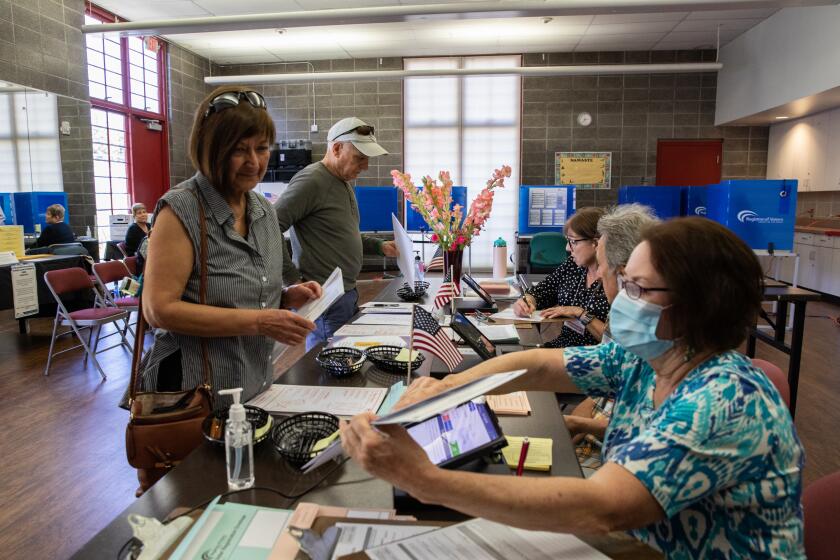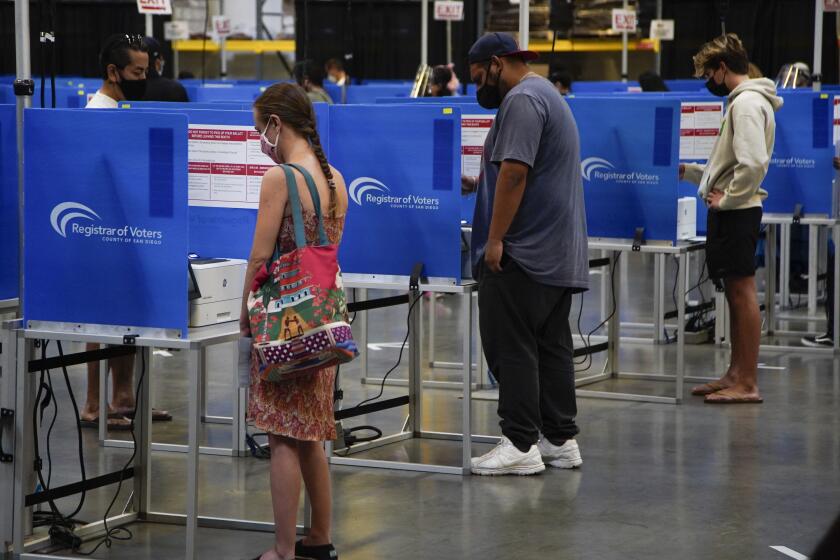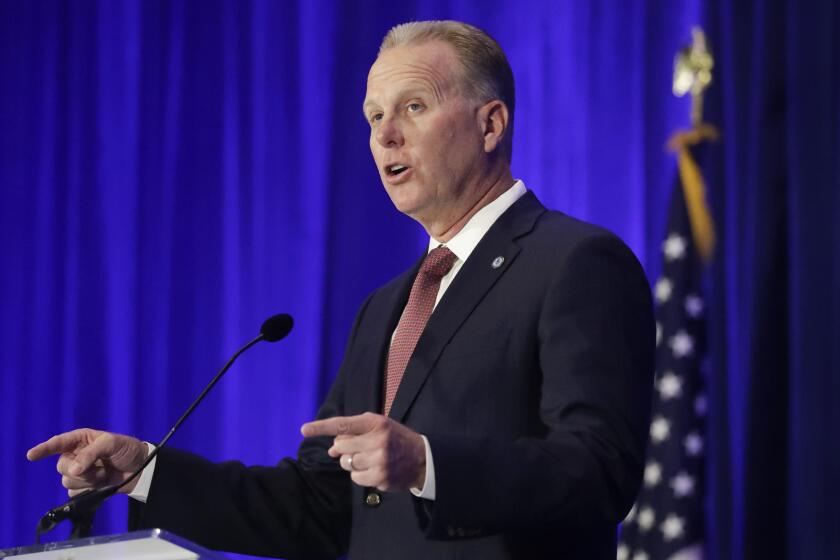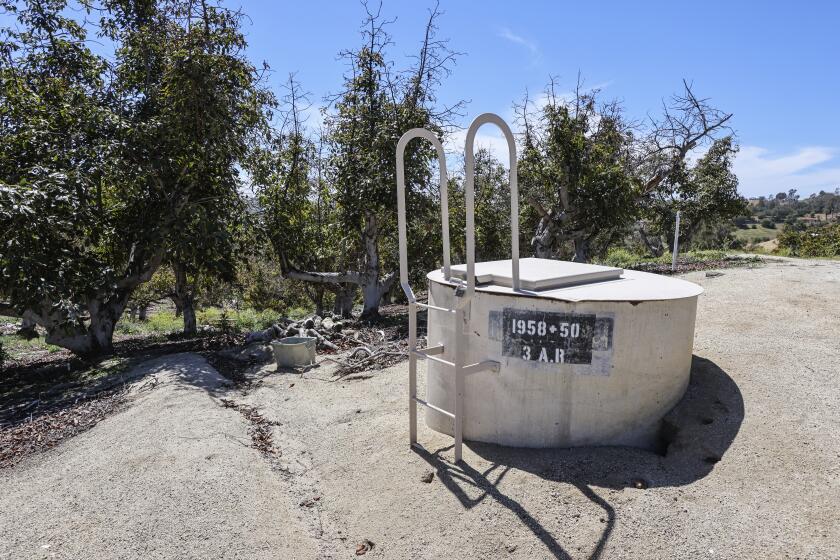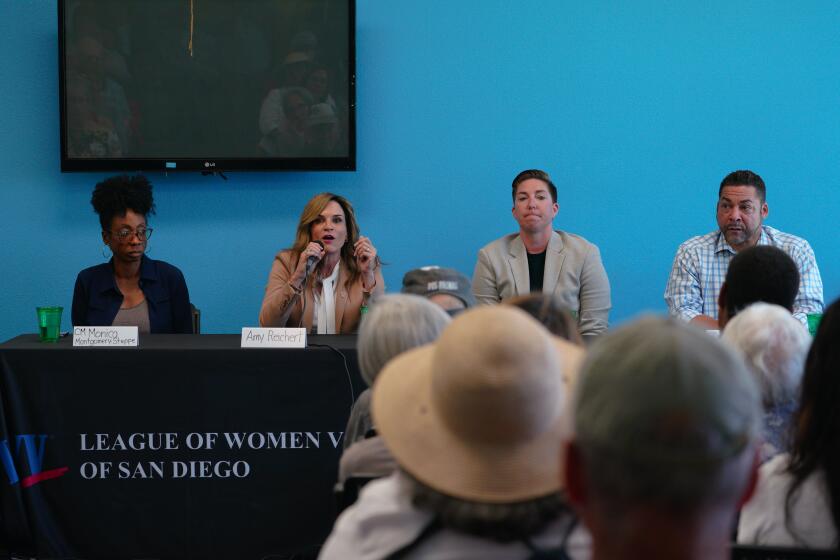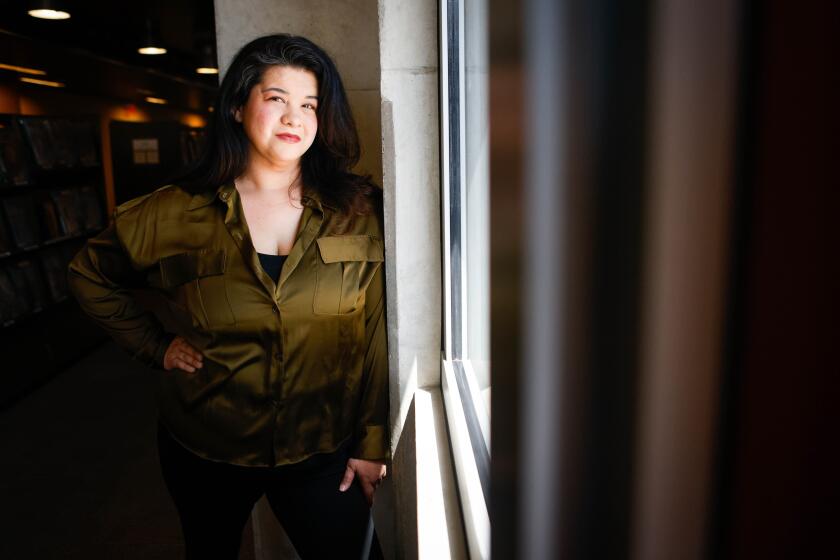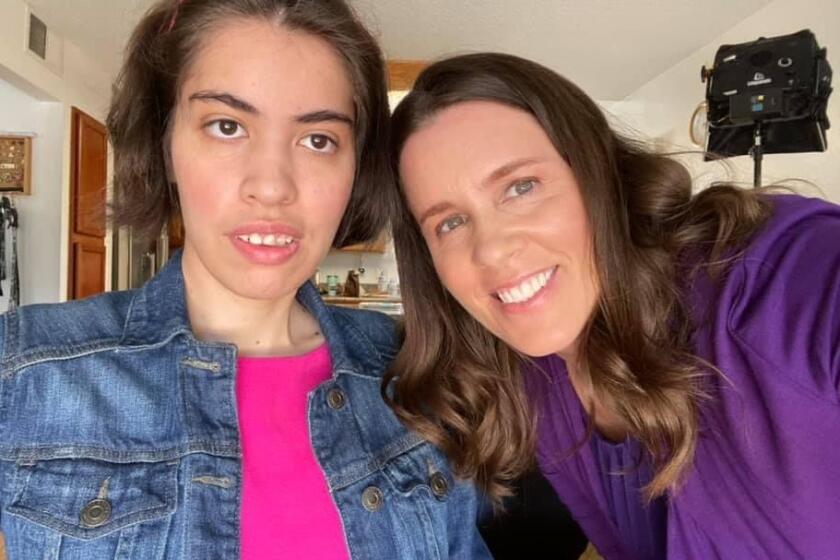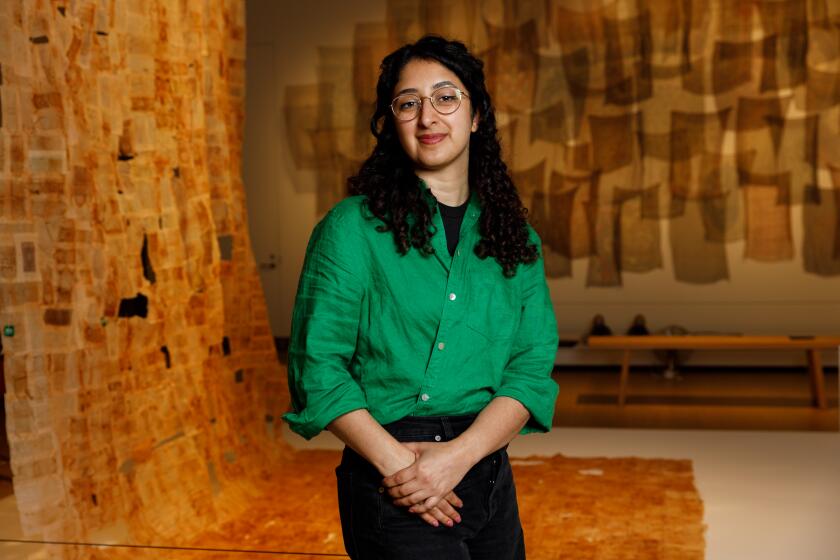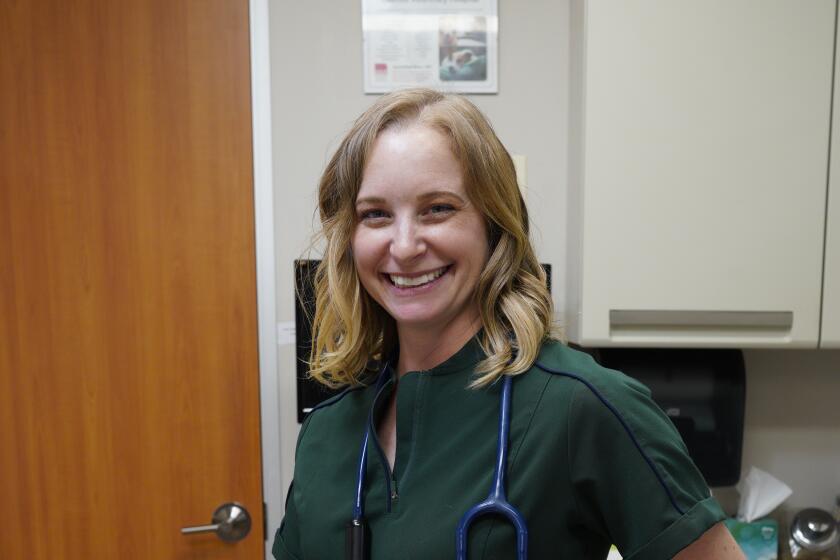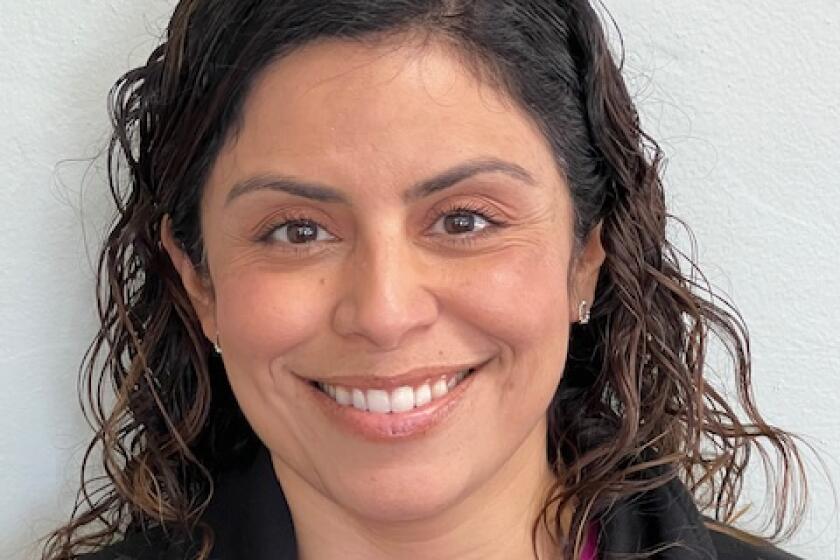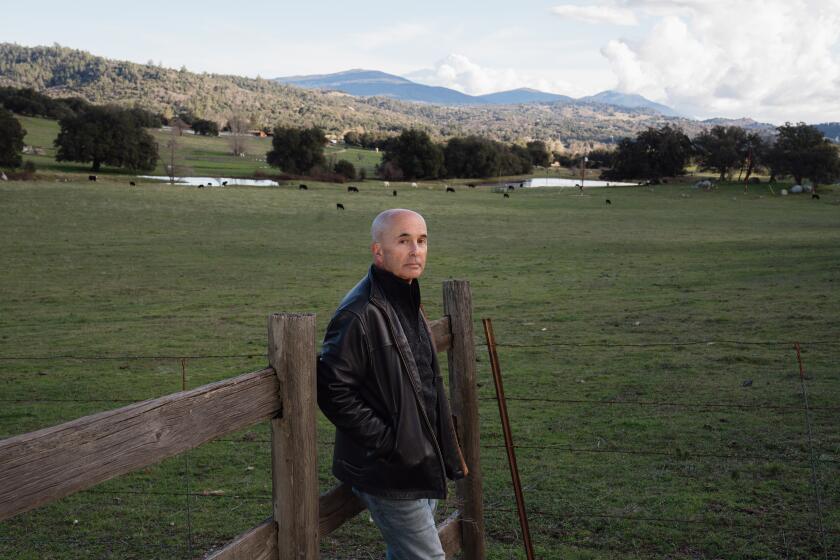His heart is in his work
Scripps Mercy Hospital celebrates its 125th anniversary today, and cardiologist Jerrold Glassman has been healing hearts there for 40 of those years. Glassman, 64, moved to San Diego from New Jersey for medical training in 1975, attracted by the mild California weather.
In all those years, he’s watched the field of cardiology expand to adopt new, lifesaving procedures that he never imagined as a young doctor four decades ago. And Scripps Mercy’s role as a faith-based hospital allowed doctors and staff to care for patients’ hearts and souls together. In his first year there, he asked a nurse, who also happened to be a nun, to help with an IV procedure. Instead she gave him the needle and stated that they would do it together: while he found the vein, she would pray for success.
Forty years later, the Mission Hills resident still aims to keep faith with his patients, visiting them in the hospital every day that he’s in town.
Q: Please describe what you do.
A: I have three half-time jobs. I am an interventional cardiologist at Scripps Mercy Hospital, I have a full-time office practice and I am a Medical Director for Cardiology for Scripps Health.
Q: What’s kept you at Scripps Mercy all this time?
A: It has now been 40 years since I first came to Scripps Mercy Hospital, and at no point have I ever thought about leaving. From the mentoring I received, in particular from Dr. Jack Geller and Dr. John Mazur, to the mutual respect that our physicians have with each other, the administration and the nursing personnel, it is an incredible environment in which to work.
Q: Why did you choose cardiology as your specialty?
A: Cardiology was an easy decision, as I graduated from Cornell as a chemical engineer. One can translate the human body into a series of pumps and pipes, not unlike my original training. One of my early goals was to become a biomedical engineer but, as I became more clinical, my preference has been to continue treating patients and not just working in a lab.
Q: How have you seen the field evolve over the years?
A: There is very little part of my cardiology practice today that existed from my original training in medical school, from a host of medications to exquisite interventional techniques, to the evolution of implantable heart pumps. The latest frontier cardiology is conquering is the percutaneous placement of heart valves.
Q: How do you keep up with all of the new technology?
A: While it’s a challenge to keep up with the evolving technology, being part of Scripps Health facilitates that task. In all our hospitals, teaching courses from some of the thought leaders of the country to everyday conferences with house staff and cardiology, we are in an environment of constant teaching and questioning. The charge of teaching new house staff about the latest in cardiology makes it imperative that one keeps up.
Q: What’s your favorite thing about being a doctor?
A: As from the beginning, being in the cardiac catheterization laboratory is the most “fun” task that I perform. As opposed to when we started training where all we could do was a diagnostic work-up, now we are at the point where we can in a few minutes change the ability of the heart to work efficiently and for the patient to have both improved quality and quantity of life.
Q: What are some easy steps people can take to improve their heart health?
A: Heart health is relatively easy to improve. I believe that anything in moderation is acceptable. For aerobic exercise, it has been shown that 20 minutes a day, three days a week, would be sufficient to maintain a healthy heart muscle.
Q: What’s the best advice you ever received?
A: While cliché, the saying that, if you love what you do, you’ll never work a day in your life, has been true for me for the entire 40 years here.
Q: What is one thing people would be surprised to find out about you?
A: I was the first member of my family to go to college. I worked my way through college and worked as an orderly in a hospital during vacation times. As an orderly, especially working the night shift, I gained great experience and understanding of not only how a hospital works but the demands on both the nursing staff and the patients.
Q: Please describe your ideal San Diego weekend.
A: My ideal San Diego weekend is skiing in Utah. When I am in town, I’m committed to being on call.
Q: Are there any other interesting facts you’d like to share?
A: In my 40 years at Mercy Hospital, I have never had one day in which I have not had a least one patient hospitalized. It is my practice that, when I am in town, I always go to the hospital. It is my principle that, if patients make a commitment to see me when they are relatively healthy in the office, I will see them every day while they are sick in the hospital.
What I love about Mission Hills ...
It is walking distance to Scripps Mercy Hospital, Hillcrest, Little Italy, as well as five minutes away from the airport and the ballpark.
Get Essential San Diego, weekday mornings
Get top headlines from the Union-Tribune in your inbox weekday mornings, including top news, local, sports, business, entertainment and opinion.
You may occasionally receive promotional content from the San Diego Union-Tribune.

